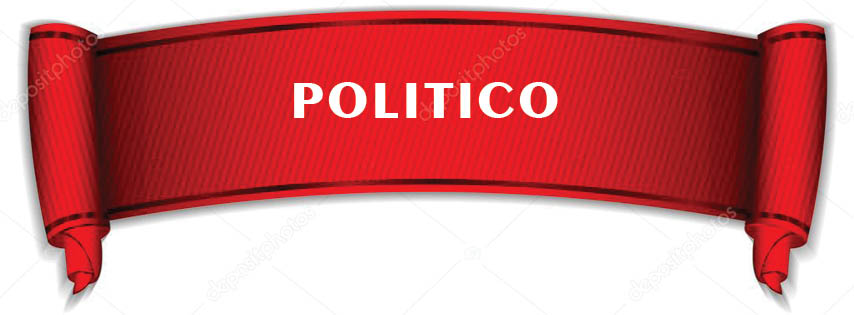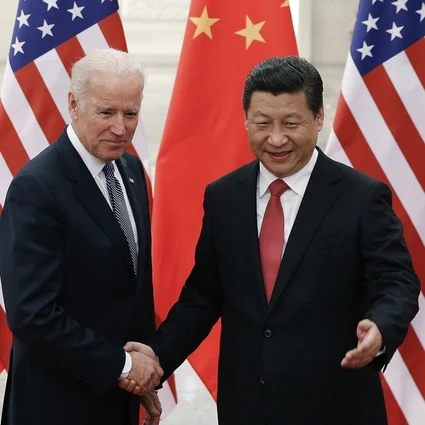
The Thucydides Trap
The best lens for clarifying the dynamics of the U.S-China relationship may be the Thucydides Trap. Contributor MICHELLE SHAIL examines the structural stress that occurs when a "rising" power threatens to displace a "ruling" nation.

U.S. - China Presidents Biden and Xi via AP
Archives







